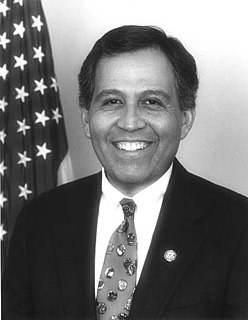A Quote by Milton Friedman
Only a crisis—actual or perceived—produces real change. When that crisis occurs, the actions that are taken depend on the ideas that are lying around.
Related Quotes
Only a crisis - actual or perceived - produces real change. When that crisis occurs, the actions that are taken depend on the ideas that are lying around. That, I believe, is our basic function: to develop alternatives to existing policies, to keep them alive and available until the politically impossible becomes the politically inevitable.
When my mother died, my father was in a crisis, my sister was in a crisis, everyone was in a crisis. I went round the night my mother was lying in the kitchen, and I organised everything, from the undertaker to the funeral... I looked after everybody, I sorted it all out and I've done so ever since.
In Cuba, what we do not accept is the comparison of our participatory democracy with bourgeois democracy which has not solved anything for humanity. The only thing it has done is to take humanity towards a precarious point. They have created the environmental crisis, the food crisis, the water crisis and the pandemics all over the world. The reason for that is because they have taken the majority of the resources and given it to militarism paid for by the western powers because it is a great business for them; this is the real truth.


































